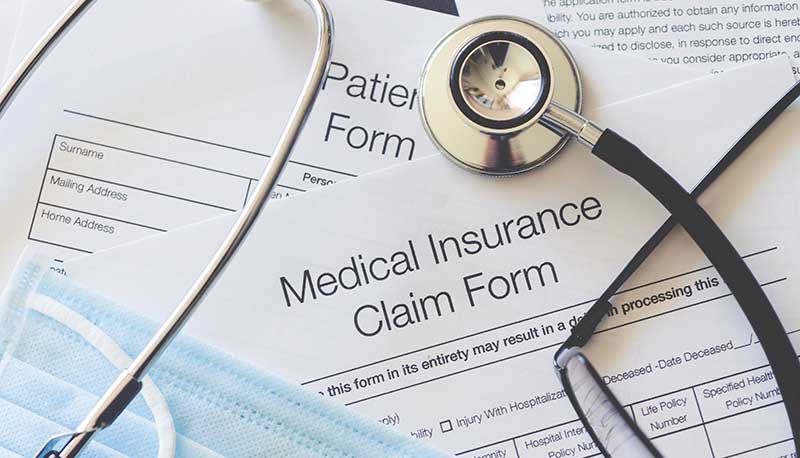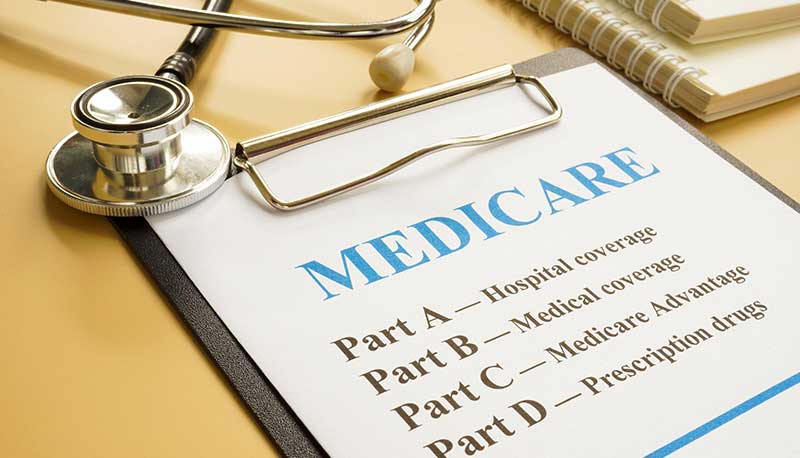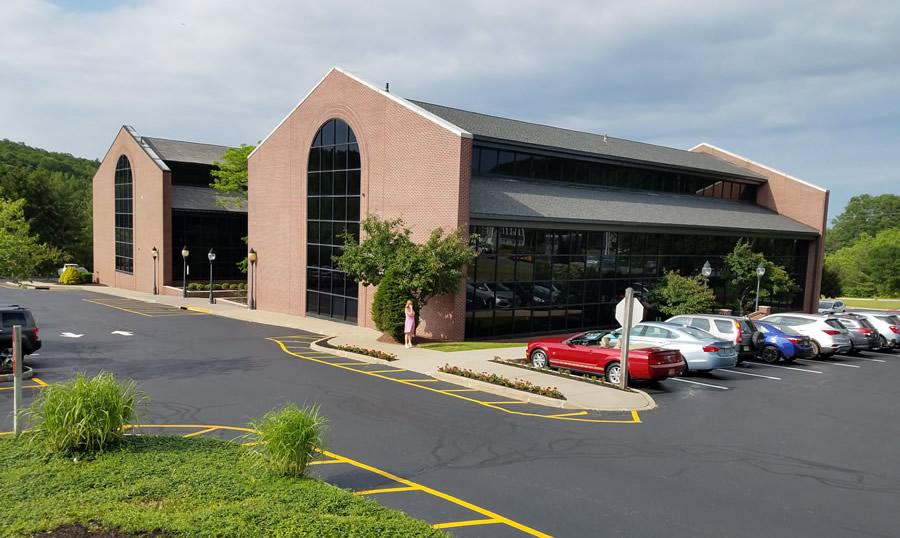Do you feel leg pain from varicose veins? Are you embarrassed to wear shorts or a bathing suit because of the varicose veins on your thighs? If so, treatment is available. But will your health insurance cover your varicose vein treatment?
Medical Necessity vs Cosmetic Appeal
Varicose veins can cause discomfort. This makes some people dread the thought of standing on their feet for a long time. Varicose veins can cause sores or ulcers to develop on legs and ankles. They can even promote development of blood clots. These veins are cause medical problems for the patient.
For others, varicose veins are more of a cosmetic embarrassment.
Are your varicose veins a threat to your good health, or are they simply unattractive? It’s important that you know the answer not only for your health but for medical insurance coverage as well.
• When varicose veins affect your health, treatment is a medical necessity. Medical insurance usually pays.
• Varicose veins are a cosmetic problem when they don’t threaten your health or well-being. Medical insurance won’t cover treatment.
To learn about your vein health, make an appointment to visit our office. Our highly skilled vein specialist will check your veins. He can develop an individualized treatment plan for you.
We even offer a free vascular screening. You have nothing to lose and so much to gain. You will feel better and enjoy improved vascular health.

How do Health Insurance Companies Define a “Medical Necessity?”
Let’s start with what we know. Medical insurance will cover treatment of varicose veins when it’s a medical necessity. But here’s the catch. What one company considers a medical necessity, the next company may not.
Visit our web page on Varicose Veins to learn more. There we discuss the symptoms and treatments of varicose veins. You will learn the specific symptoms that usually make treatment a medical necessity.
The criteria most insurance companies base their coverage approval on are:
1. Annoying or Painful Symptoms
2. Identified Venous Reflux— Insurance companies want proof that a vein is not functioning. Documented venous reflux, when blood flows backwards in a vein, is cause for treatment. We diagnose it with ultrasound. However, ultrasound cannot show venous reflux in spider veins; they are too small. So, medical insurance doesn’t cover the treatment of spider veins. They may make an exception for bleeding spider veins.
3. A specified Time of Unsuccessful Conservative Treatment— Did you try an improved diet and exercise plan? Did you wear compression socks daily? Did you rest and elevate your legs each day? The insurance company will want to know this information. Each insurance company has their own requirements. Some insurance companies want you to wear compression socks for 12 weeks.
The important takeaway here is that you need to learn what your insurance company covers. A friend’s experience with a different insurance policy can be quite different. This can be true even if they use the same medical insurance company.

Medicare, Medicare Advantage, and Supplemental Plan Coverage
Medicare offers great news for treatment—that is, when the veins are causing a health issue.
This Federal health insurance requires that treatment will protect or improve your health. They may want to know that you already tried lifestyle changes. But ultimately you can count on Medicare’s financial support.
Some common vein treatments that Medicare covers include:
• Sclerotherapy
• Ultrasound-Guided Sclerotherapy
• Laser Vein Ablation
Medicare will usually cover 80% of these costs. It is useful to have a good supplemental insurance plan to cover the remaining 20% of costs.
Be aware that Medicare Advantage will attach many stipulations to its coverage. Coverage from Medicare Advantage differs from coverage by Medicare.
Medicare and More Varicose Vein Treatments
Varicose vein removal coverage is less straightforward. There are many costs to consider, including:
• Doctor’s Fees
• Facility Cost
• Anesthesia
• Method of Extraction
• Number of Medical Sessions Needed

Do private health insurance companies, such Blue Cross Blue Shield (BCBS), United Healthcare (UHC) and Aetna, cover varicose vein treatments?
BCBS, UHC and Aetna are three major insurance companies that cover varicose vein treatments. But like Medicare, the companies only cover treatments of medical necessity. They won’t cover costs for a cosmetic procedure.
Each insurance company has its own criteria to meet. Once this occurs, they approve varicose vein treatment.
Contact your own insurance company to learn the specifics of your plan and policy.
Wonder if our office accepts your insurance? Then visit our website for a list of insurances we accept and to see if we are in network for your plan.
What about Varithena®, ClariVein®, and Endovenous Laser Ablation Treatment (EVLT)?
These are three of the outpatient treatments option that we provide for varicose veins.
Will your medical insurance provide coverage?
Varithena is an FDA-approved sclerotherapy medication. Our doctor injects it into the varicose vein to displace the blood and cause the vein to collapse. Medicare and most private insurance companies cover this non-surgical treatment. But again, it must be a medical necessary necessity. And insurance wants to see you first tried conservative treatment options.
ClariVein is a tiny rotating catheter used in non-thermal treatment of varicose veins. Some private insurance companies and Medicare cover vein treatment using the ClariVein catheter.
EVLT uses laser heat to treat varicose veins. We give the patient local anesthesia. Guided by ultrasound, the laser closes off the vein. Our patient’s health insurance usually covers this procedure. Again, insurance companies want to see that we tried other treatment options first.

Let’s not forget about compression socks and stockings
Patients often wear compression socks as a conservative first-line treatment for varicose veins. Patients also need to wear them after vein procedures or surgery. But Medicare does not pay for these socks—even if the doctor writes a prescription.
Medicare Advantage plans may provide some coverage for compression socks or stockings under certain circumstances. This helps since compression socks can cost more than $100 with certain prescriptions.
Are you ready to take the first step?
Does treatment for your varicose veins qualify as a medical necessity? For the answer, contact us for an appointment at New Jersey Varicose Vein Center. You will enjoy visiting our state-of-the-art vein treatment facility. And you will leave with a clear idea of the medical coverage you can expect.


